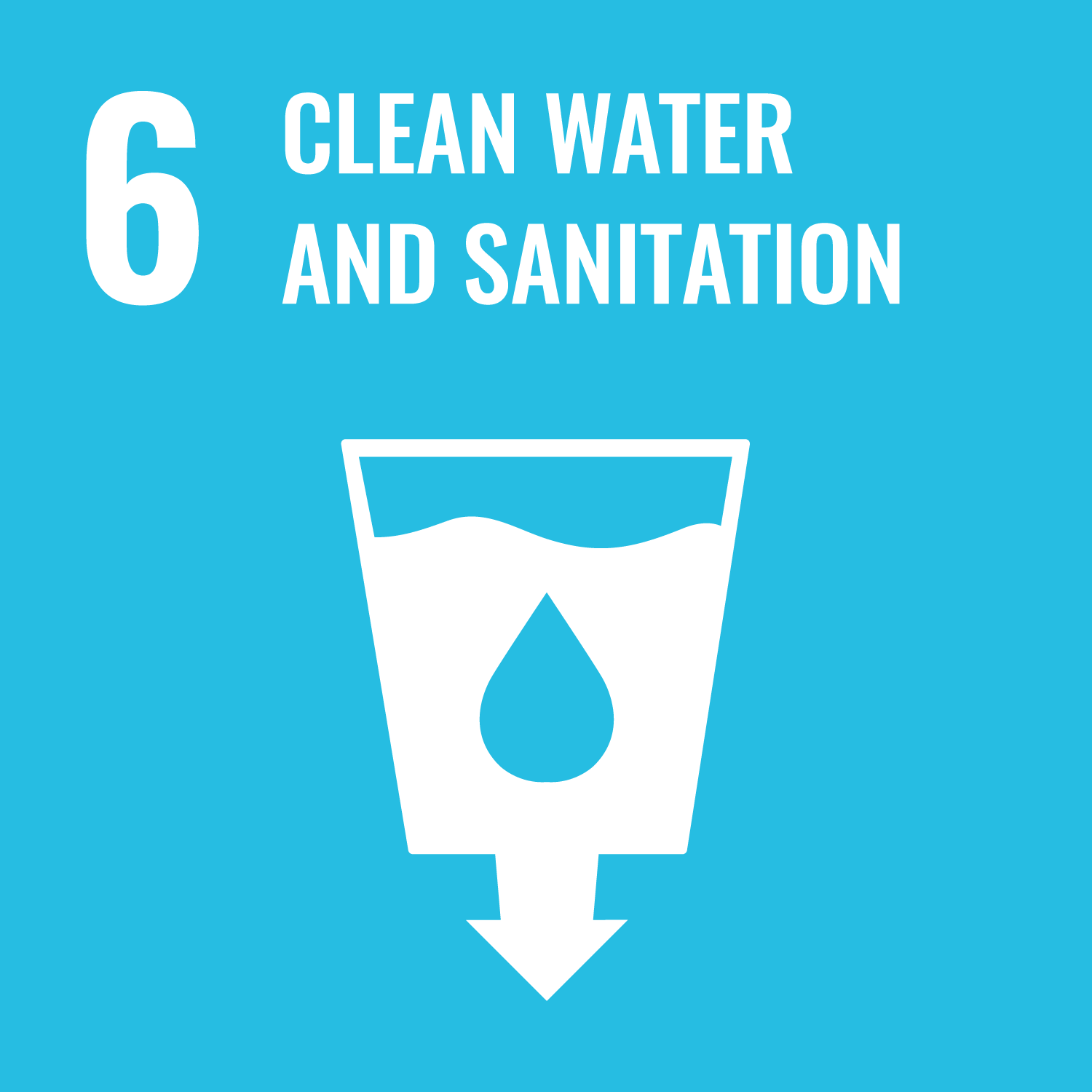Results-Based Financing for container-based sanitation services in northern Haiti
Aligned SDGs

- Results-Based Financing for container-based sanitation services in northern Haiti
- General overview
- Intervention
- Target population
- Location
- Outcome metrics
- Last data update
- Spreadsheet of data
- Results-Based Financing for container-based sanitation services in northern Haiti
- General overview
- Intervention
- Target population
- Location
- Outcome metrics
- Last data update
- Spreadsheet of data
General overview
Stage of development: Late stage
Policy sectors: Water, Sanitation and Hygiene
Type of instrument: Payment-by-results (no pre-financing)
Delivery locations: Haiti
Country classification: Lower-middle-income
Expected launch date: Q2 - 2023 or later
Project design process began: Q1 2019
Max potential outcome payment: USD 5m
Intervention
Social or environmental challenge
In Haiti, only 30% of the population has access to improved sanitation and less than 1% of waste is safely treated. This has fueled one of the most virulent cholera epidemics in recent global history. While aquatic ecosystems become increasingly polluted with nutrients from human waste, the earth’s soil nutrients have been rapidly declining due to erosion and intensive agricultural practices, leading to a loss of biodiversity, extreme vulnerability to climate-related risks, reduced agricultural production, poverty, and malnutrition. As Haitian cities expand, unplanned, at staggering rates, it’s critical that the sanitation sector develops innovative approaches that work in dense urban areas to avoid exacerbating the toll of preventable waterborne diseases.
Description of the intervention
SOIL operates an integrated waste management system, from containment of human waste through safe transportation to treatment. This program focuses on expansion of SOIL’s ‘EkoLakay’ container-based household sanitation service and to safely transport and treat the associated waste
Target population
Households in urban and peri-urban areas in Haiti’s Grand North region
Location
Country:
- Haiti
Locality:
- Haiti
Outcome metrics
- Net additional number of paying customers benefiting from EkoLakay services
Last data update
Data for this pipeline project was last updated in April 2022.
You might have noticed that some pipeline projects have more data than others. This is because organisations can share as much data as they want with the INDIGO initiative. If you have more data on one of these pipeline projects and would like to share with us, please get in touch at indigo@bsg.ox.ac.uk. Our full list of variables and data definitions can be found here.
Spreadsheet of data
Important Notice and Disclaimer on INDIGO Data
INDIGO data are shared for research and policy analysis purposes. INDIGO data can be used to support a range of insights, for example, to understand the social outcomes that projects aim to improve, the network of organisations across projects, trends, scales, timelines and summary information. The collaborative system by which we collect, process, and share data is designed to advance data-sharing norms, harmonise data definitions and improve data use. These data are NOT shared for auditing, investment, or legal purposes. Please independently verify any data that you might use in decision making. We provide no guarantees or assurances as to the quality of these data. Data may be inaccurate, incomplete, inconsistent, and/or not current for various reasons: INDIGO is a collaborative and iterative initiative that mostly relies on projects all over the world volunteering to share their data. We have a system for processing information and try to attribute data to named sources, but we do not audit, cross-check, or verify all information provided to us. It takes time and resources to share data, which may not have been included in a project’s budget. Many of the projects are ongoing and timely updates may not be available. Different people may have different interpretations of data items and definitions. Even when data are high quality, interpretation or generalisation to different contexts may not be possible and/or requires additional information and/or expertise. Help us improve our data quality: email us at indigo@bsg.ox.ac.uk if you have data on new projects, changes or performance updates on current projects, clarifications or corrections on our data, and/or confidentiality or sensitivity notices. Please also give input via the INDIGO Data Definitions Improvement Tool and INDIGO Feedback Questionnaire.